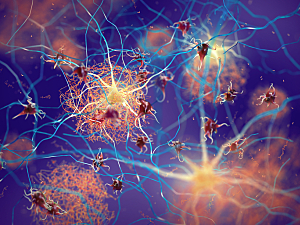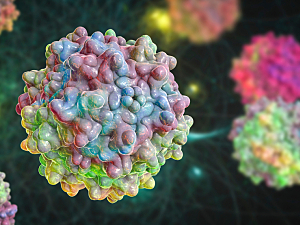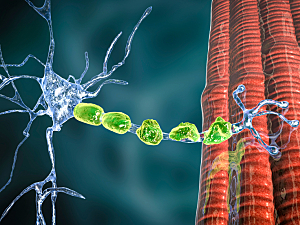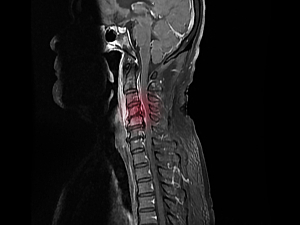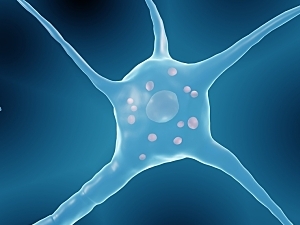Brigham Leads Development of Surgical Techniques for Treating AVM
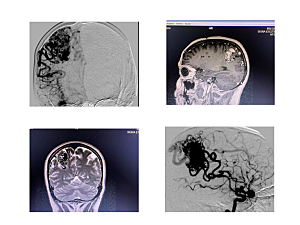
The Brigham’s AVM Program aims to provide the best possible nonsurgical and surgical treatment options for people with brain arteriovenous malformations (AVMs). Director Nirav J. Patel, MD, discusses his team’s use of an innovative surgical technique to treat AVM and efforts to set up similar programs internationally.
Read More...